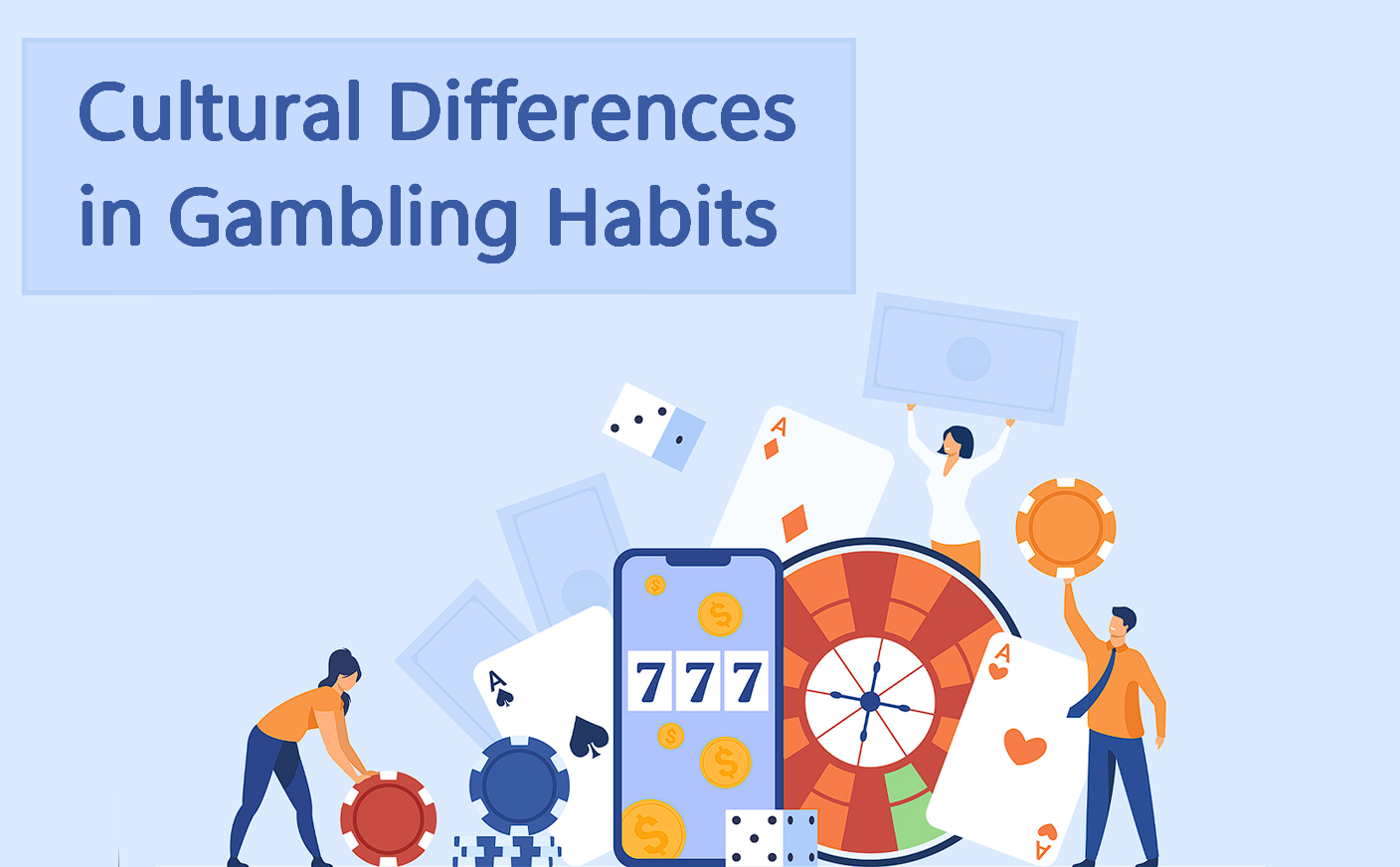Gambling is a universal human pastime that transcends borders and cultures. It taps into the fundamental human desire for excitement, competition, and the chance to change one’s fortune. However, the way gambling is perceived and practiced varies significantly across different cultures, shaped by historical, social, and religious factors. Understanding these cultural differences not only highlights the diversity of human behavior but also provides valuable insights for bettors looking to navigate the global gambling landscape.
The Influence of Culture on Gambling Habits
Culture plays a pivotal role in shaping gambling habits. From the types of games played to the attitudes towards betting, cultural influences are evident in every aspect of gambling. These influences can be traced back to historical practices, religious beliefs, and societal norms that have evolved over centuries.
Historical and Traditional Practices
- China: Gambling in China has strong historical roots, often tied to festivals and family gatherings. The game of Mahjong, for instance, is a traditional pastime enjoyed during Lunar New Year celebrations. This game combines elements of skill, strategy, and superstition, reflecting the deep cultural significance of gambling in Chinese society.
- Native American Communities: Tribal casinos have become significant economic engines for many Native American communities. These casinos not only provide jobs and revenue but also preserve cultural heritage through gaming events and tournaments. The attitudes towards gambling in these communities reflect a broader narrative of societal values, where enjoyment, morality, and community all intertwine.
- South Africa: The diverse ethnic backgrounds and cultures in South Africa influence the country’s gambling habits. Traditional Zulu gambling, which involves playing dice and betting on sporting events, is a testament to the rich cultural tapestry of the region. The perception of gambling varies among different classes, with some viewing it as a way to alleviate poverty, while others see it as a form of entertainment.
Religious and Social Factors
Religion and social norms also play a significant role in shaping gambling habits. In some cultures, gambling is viewed as a moral vice, while in others, it is seen as a harmless form of entertainment.
- Islamic Countries: In many Islamic countries, gambling is prohibited due to religious beliefs. This prohibition influences the availability and perception of gambling in these regions. However, the advent of online gambling has created new avenues for individuals to engage in betting discreetly.
- European Countries: In contrast, many European countries have a more liberal approach to gambling. Countries like Spain and Italy have a unique blend of traditional and modern gambling practices. Games like ‘Ayo’ in Nigeria reflect a deeper social and cultural interaction, where gambling takes a communal form.

The Role of Cultural Values and Beliefs
Cultural values and beliefs can influence gambling patterns in various ways. They can encourage or discourage involvement in gambling and determine the types of gambling that are acceptable within a society.
- Asian Cultures: In some Asian cultures, gambling is seen as a way to test one’s luck and fate. This belief is deeply rooted in cultural values and can lead to higher engagement in gambling activities. For example, the gambler’s fallacy, the belief that one is due for a win after a run of losses, is more prevalent in Asian cultures due to non-linear thinking patterns.
- Western Cultures: In Western cultures, gambling is often viewed as a form of entertainment and leisure. The hot-hand fallacy, the belief that a winning streak is likely to continue, is more prevalent in these cultures due to linear thinking patterns.
The Impact of Globalization on Gambling Habits
Globalization has had a profound impact on gambling habits worldwide. The increasing interconnectivity of cultures has led to the exchange of gambling practices and the emergence of new trends.
- Online Gambling: The rise of online gambling has transcended borders, inviting players on a global journey through culturally diverse games. These platforms often feature characters, settings, and storylines that authentically represent the cultural nuances from which they draw inspiration. This inclusivity emphasizes the unity of embracing different traditions and perspectives.
- Cultural Integration: The advent of online gambling platforms has created a new avenue for cultural expressions. Digital platforms have ingeniously integrated traditional games, allowing individuals to engage with a part of their cultural heritage while navigating the digital gambling landscape.
Challenges and Opportunities in the Global Gambling Landscape
The global gambling landscape presents both challenges and opportunities for bettors and the industry as a whole. Understanding these dynamics can help bettors make informed decisions and navigate the complexities of cross-cultural gambling.
- Regulatory Issues: The regulatory landscape for gambling varies significantly across different regions. Bettors must be aware of the legal implications and restrictions in the countries where they engage in gambling activities.
- Cultural Sensitivity: Bettors must also be mindful of cultural sensitivities and avoid practices that may be considered offensive or inappropriate in certain cultures. Respecting local customs and traditions is essential for a positive gambling experience.
Conclusion
In conclusion, cultural differences play a crucial role in shaping gambling habits worldwide. From historical practices to religious beliefs and social norms, the influence of culture is evident in every aspect of gambling. As globalization continues to influence local customs, the conversation around gambling will undoubtedly evolve, presenting both challenges and opportunities for different cultures. Understanding these cultural nuances can provide valuable insights for bettors looking to navigate the global gambling landscape effectively.




